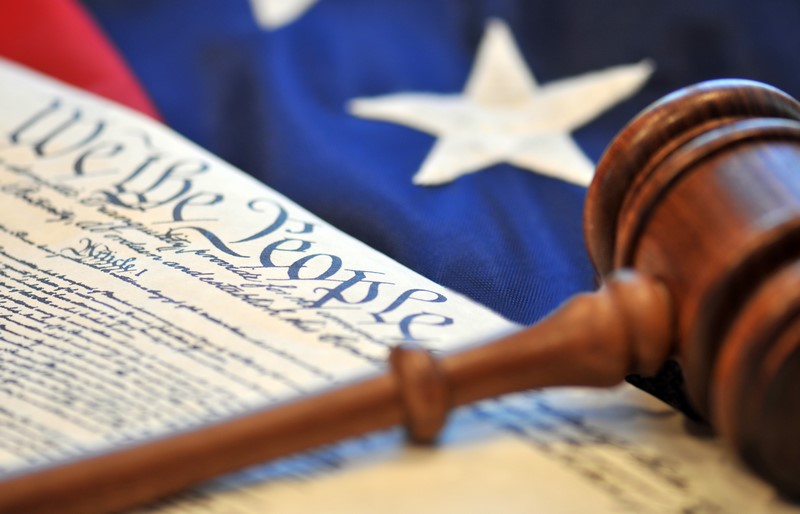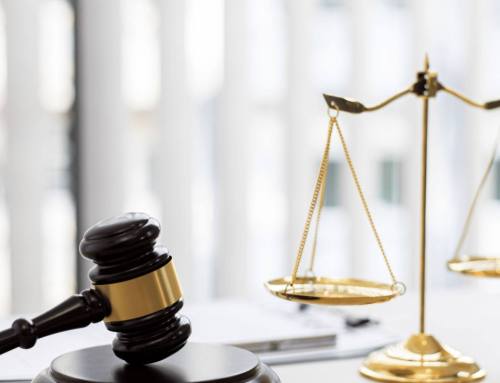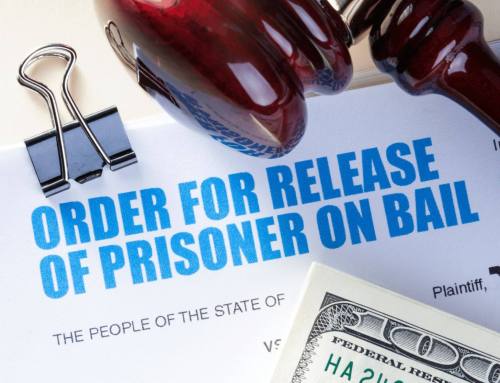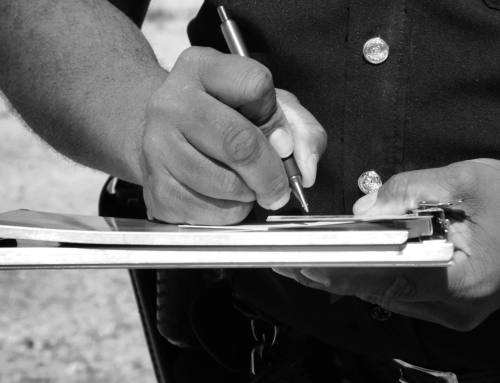Being incarcerated will limit your freedoms to a certain extent; however, it does not mean you do not have basic human rights.
The U.S. Constitution provides protection against all criminals. Some of these entitlements include first amendment rights, the right not to be wrongfully punished, the right not to be harassed, and the right to access the court in order to file a complaint or request for bail. While a bail bonds company can help you get out on bond, the only way to uphold your rights behind bars is to know what your rights are.
First Amendment Rights
Inmates are entitled to First Amendment rights such as freedom of speech and freedom of religion to the extent that these rights do not affect their status as prisoners. This means that if by upholding their First Amendment rights, a prisoner interferes with their obligations under the prison’s policies, like discipline, security, or order, these rights will be curtailed. This is the reason prison officials are allowed to open a prisoner’s incoming mail, or to screen outgoing mail to ensure that the messages passed do not contravene the prison’s objectives.
Cruelty and Unusual Punishment
According to the Eighth Amendment, every inmate is protected from inhumane treatment. This refers to any act that is deemed to be cruel or unusual punishment. Although the Eighth Amendment has not clearly stated the meaning of the terms cruel and unusual, the Supreme Court has categorized such punishments to include:
- Beheading
- Disemboweling
- Burning Alive
- Drawing and Quartering
- Public Dissection
Sexual Harassment
Inmates are entitled not to be sexually harassed. This means that they should be harassed by prison personnel or other inmates. Courts hold government officials, administration, and guards liable for permitting sexual crimes to take place or instituting programs that subject inmates to these conditions. These acts lead to criminal sanctions and civil penalties against the perpetrators.
Right to Lodge Complaints About the Conditions of Prison
Prisoners are entitled to express their concern about the prison conditions to the prison officials and courts. An inmate may be prevented from exercising these rights by placing them in solitary imprisonment or implementing other wrongful punishments against them.
When it comes to the issue of access to court, the Prison Litigation Reform Act is applied. The Act sets out the following provisions:
- Before an inmate files a claim in court, they must attempt to resolve the issue with the prison authorities
- Prisoners have the responsibility of paying for their court fees
- The courts can dismiss a prisoner’s lawsuit if they consider it to be malicious, frivolous, or based on improper claims. If the court dismisses a case, the prisoner will be issued a strike. When a prisoner gets three strikes, they are no longer entitled to file a lawsuit unless they can pay for the court fees upfront.
- Prisoners cannot file a claim of mental or emotional injury unless they can also prove physical injury
Medical Care and Health
Inmates have the right to get mental health and medical care treatment. These treatments should be reasonable. For example, if a person is suffering from a cavity, they are only supposed to get their tooth pulled out and not a tooth filling. In some cases, prisoners with life threatening conditions such as AIDS or cancer are given medication to provide reasonable comfort, and not to fight the disease or extend their life.
Disabled Prisoners
According to the “American with Disabilities Act”, disabled inmates have the right to reasonable accommodations. These rights ensure prisoners get the same access to facilities awarded to the rest of the inmates.
Pretrial Detainees
Prison laws also protect inmates who are too poor to be able to pay for bail but are held while they await trial. These prisoners are entitled to humane accommodation. Furthermore, a pre-trial detainee should not be given punishments or treated as if they are guilty because they are yet to be tried.
What Rights Are Stripped From Prisoners
An inmate loses the right to any form of privacy while in prison. This means that they may be subject to warrantless searches in their holding cells. Inmates retain the right to “Due Process” and cannot be denied their personal property by prison authorities except in cases where they are in possession of any kind of contraband. In addition, where prisoners are part of an employment program like a work release initiative, they do not have employment rights such as the requirement of a minimum wage.
Now of course the rights listed here are to be adhered to in every jail and prison in the United States including Las Vegas and Henderson Nevada so if you feel your rights have been violated be sure to protect yourself and others by filing the appropriate complaints and talk to your attorney.
The best way to not have your rights violated is to get out, and the best way to get out is by posting a bond.
CALL LIGHTNING BAIL in Las Vegas we work fast to get you out!!






